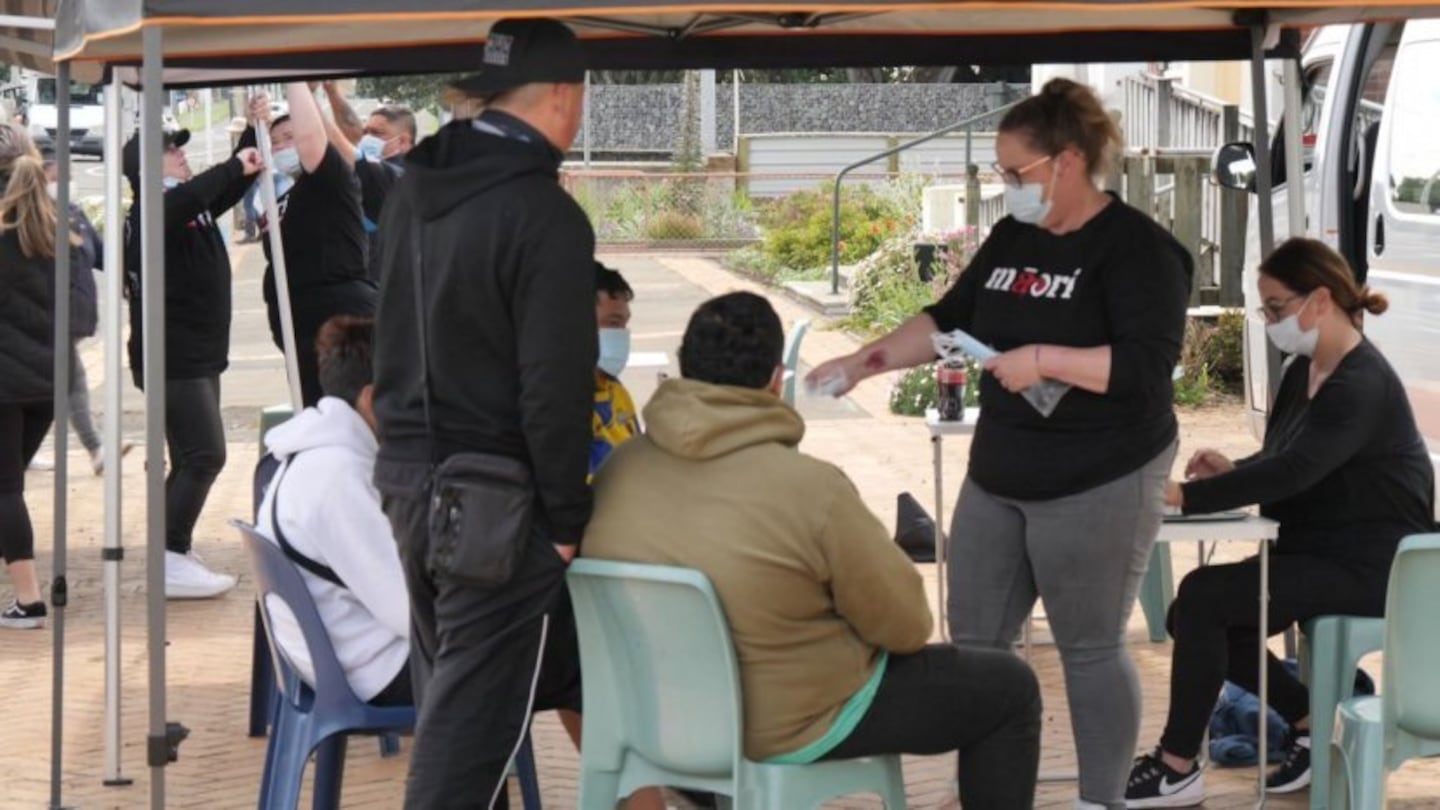Te Hiringa Mahara, the Mental Health and Wellbeing Commission, wants the government to recognise what's good for Māori is good for NZ.
The commission has released its report Exercising rangatiratanga during the Covid-19 pandemic, which finds Māori-led initiatives played a key role in protecting New Zealanders.
Director Māori, Maraea Johns (Ngāi Tūhoe) says those initiatives were done in a “uniquely Māori way” with hapū, iwi, marae and hauora Māori providers answering the call to help everyone.
It included the incorporation and adaptation of tikanga Māori practices, such as tangihanga restrictions and karakia online, that kept whānau, hapū, iwi and communities safe.
“That’s underpinned by our many Māori values and some of those were around kaitiakitanga, rāhui, whakapono, manaakitanga, whanaungatanga and kōrero tuku atu, tuku mai – the sharing of information and the dispelling of disinformation to our whānau, which was quite a big issue early on,” Johns says.
“We saw hapū, iwi, marae networks looking after the needs of their whānau and communities in their respective rohe through delivering kai, maintaining connections with whānau. When we say that, it’s both Māori and non-Māori whānau providing food passes and rongoā to the door, kaumātua tohunga providing spiritual support through Zoom, with karakia online.
Māori are part of the solution, says Maraea Johns.
'Maōri do know what's best for Māori'
“Basically, Māori do know what’s best for Māori and what’s good for Māori is good for Aotearoa.”
As the pandemic progressed, Māori responses evolved with it too, such as roadside checkpoints to help stop the spread of Covid to vulnerable communities.
In a post-Covid era, Johns says the report findings mean more advocacy for Māori to have rangatiratanga “recognised, valued and trusted, to be equitably invested in and to be actioned” today.
And Johns wants that recognition as Māori being equal partners through Te Tiriti to finally be realised as fully as possible.
“Exercising that rangatiratanga is not new. We also know that what is good and helps Māori will help other whānau within Aotearoa.
“Providing sustained support and resources for Māori is absolutely critical. Opportunities to truly build partnerships are abound with the government but the government needs to actually trust and to be trustworthy in its approach.”




